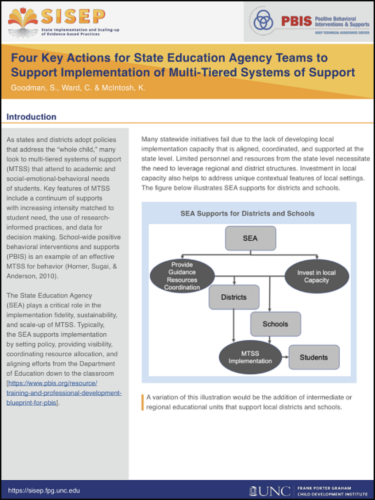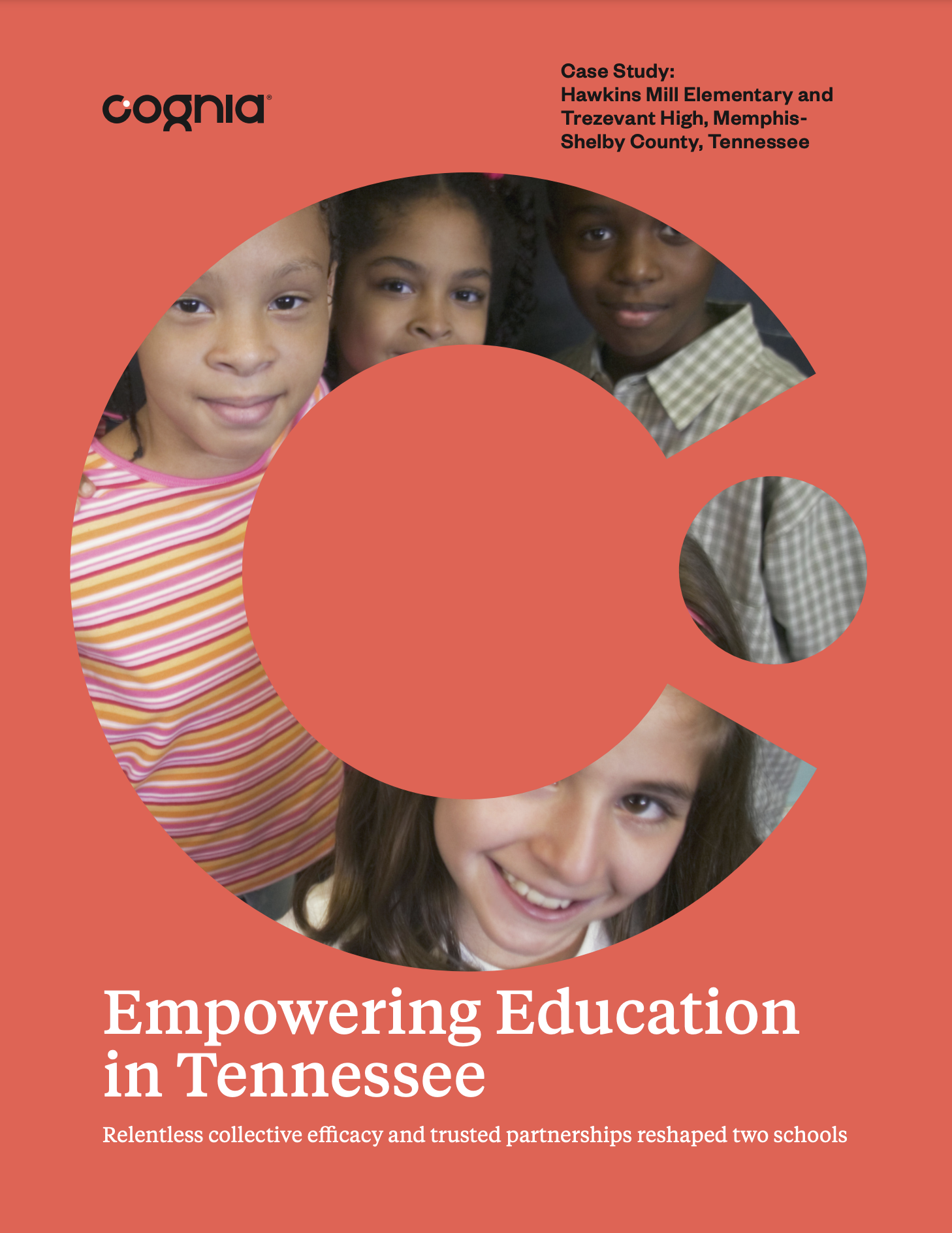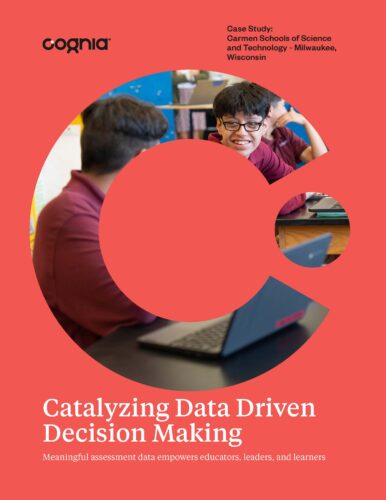We hope you have enjoyed this edition of The Source. Want to learn more? We have compiled additional resources for your information.
Four Key Actions for State Education Agency Teams to Support Implementation of Multi-Tiered Systems of Support: This report, cited in Mark A. Elgart’s article from this issue, “Measuring SEA Performance,” identifies where SEAs could do more to support learning programs in schools. The report concludes that “with careful planning, the SEA can play a lead role in influencing practice and improving student outcomes.” Key components of multi-tiered systems of support (MTSS) that can support the improvement of student outcomes in SEAs include “a continuum of supports with increasing intensity matched to student need, the use of research-informed practices, and data for decision making.” Read more in the full report.
Impossible Jobs in Public Management: In this issue of the Source, Jeff Rose draws on his learnings from the book, “Impossible Jobs in Public Management” by Erwin Hargrove and John Glidewell to discuss the challenges facing superintendents today. In this book, Erwin Hargrove and John Glidewell analyze the difficulties facing those in public management jobs and some of the coping strategies used by managers. They focus on “impossible jobs,” which are jobs that are particularly difficult based on public perception, conflict within agencies, public confidence, long-term goals, and more.
Empowering Education in Tennessee: Memphis-Shelby County Schools’ Hawkins Mill Elementary and Trezevant High are urban schools in underserved, low-income areas of Memphis, Tennessee. The two schools struggled with chronic absenteeism and their students’ academic performance ranked in the state’s bottom 5%. When Tennessee enacted its School Turnaround Pilot Program Act of 2021, Hawkins Mill and Trezevant were selected to be pilot schools and partnered with Cognia to conduct a diagnostic review and engage in turnaround work. This case study details Cognia’s work with these two schools and the outcomes of that work.
Catalyzing Data-Driven Decision-Making in Wisconsin: A network of Wisconsin public charter schools, the Carmen Schools of Science and Technology, adopted the Illustrative Math curriculum and was looking for a rigorous assessment solution that aligned with the curriculum, common core standards, Wisconsin state standards, and end-of-year state testing. Cognia Interim Assessments fulfilled the need for a more rigorous assessment solution that aligned with both curriculum and grade-level standards. This case study details how these assessments led to improved student outcomes and the creation of a robust data cycle in their schools.
A Pilot Year in Review: During the 2022-2023 school year, the educational organization Education First began an initiative to explore a “new generation of through-year assessment solutions.” Coordinated by Education First, this effort was a collaboration between three assessment organizations (CenterPoint Education Solutions (now Cognia), NWEA, and New Meridian) and eight states, testing different versions of through-year assessments. Through this initiative, Cognia was able to complete a comparative analysis that revealed that Cognia’s Illustrative Mathematics interim assessments effectively determined students’ performance on their respective state summative assessments. We were also able to uncover a strong alignment between the standards and domains covered in both our interim assessments and state summative assessments. In the page linked you can find more in depth information about this study and the learnings from Cognia and the other organizations.
© Cognia Inc.
This article may be republished or reproduced in accordance with The Source Copyright Policy.
The information in this article is given to the reader with the understanding that neither the author nor Cognia is in engaged in rendering any legal or business advice to the user or general public. The views, thoughts, and opinions expressed in this article belong solely to the author(s), and do not necessarily reflect the official policy or position of Cognia, the author’s employer, organization, or other group or individual.



